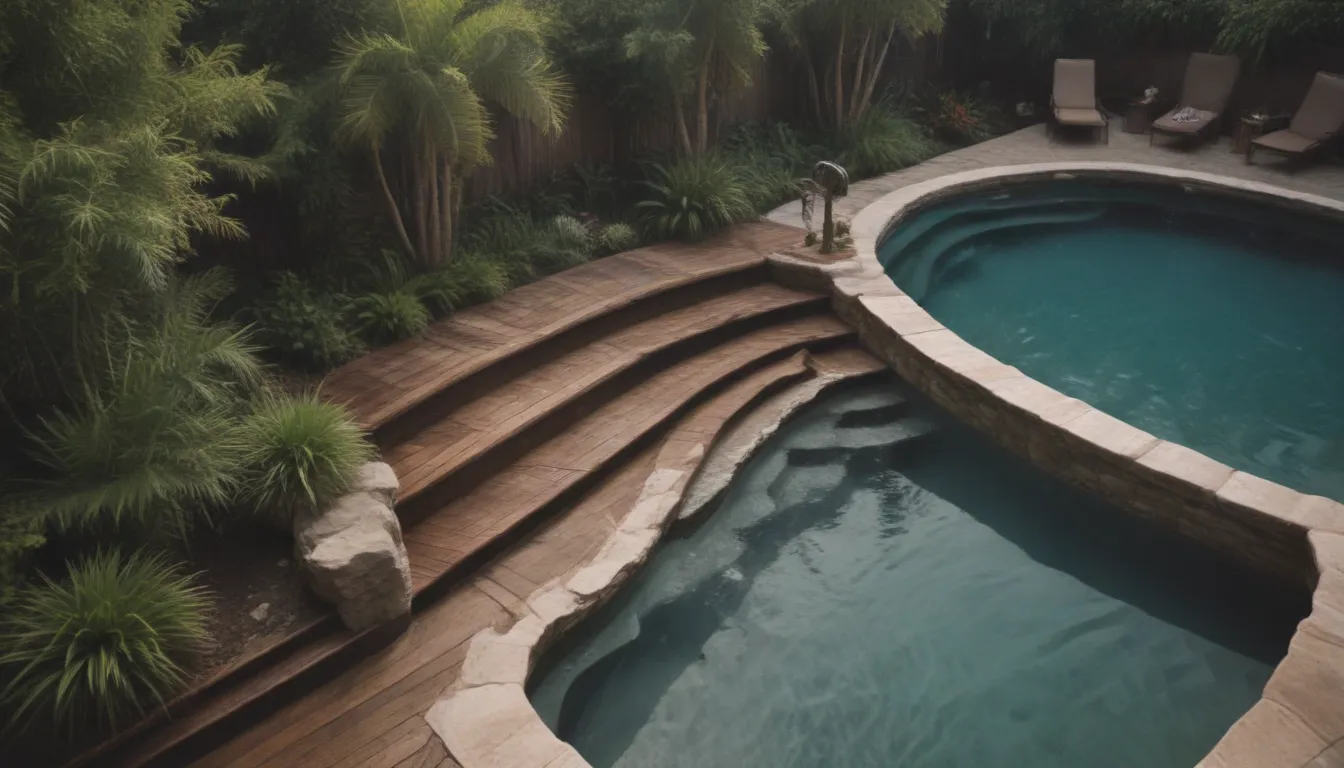The Ultimate Guide to Above-Ground Salt Water Pools

Salt water pools have become a popular choice among homeowners looking for a more gentle and cost-effective alternative to traditional chlorine pools. In this comprehensive guide, we will explore all you need to know about above-ground salt water pools, including their benefits, maintenance, and key factors to consider.
Salt Water vs. Chlorine Pools
When comparing salt water pools to traditional chlorine pools, there are several key differences to consider:
- Irritation: Salt water pools are a great option for individuals who are sensitive or allergic to chlorine, as they tend to be gentler on the skin and eyes.
- Maintenance Costs: While the initial setup of a salt water pool may be more expensive due to the chlorine generator, they are often cheaper to maintain in the long run as salt is more affordable than chlorine.
- Repair Complexity: Salt water pools can be more complicated to repair than chlorine pools, as the chlorine generator component requires careful monitoring to ensure proper chlorine levels.
Can an Above-Ground Pool be a Salt Water Pool?
Yes, any pool can be converted into a salt water pool with the necessary equipment. The installation process for an above-ground salt water pool is similar to that of an in-ground pool, with the only difference being the arrangement of the mechanical components. Maintaining an above-ground salt water pool may actually be easier due to the accessibility of the components for monitoring salt levels.
Maintaining a Salt Water Pool
Maintaining a salt water pool involves regular monitoring of the salt level in the water and ensuring the pool runs for a minimum of 8 to 12 hours a day to generate the necessary chlorine. Some key maintenance tips for salt water pools include:
- Monitor Salt Levels: Regularly check the salt levels in the pool to ensure the chlorine generator is functioning properly.
- Check Chlorine Generator: Keep an eye on the chlorine generator for any signs of sensor failure, which can result in either no chlorine production or excessive chlorine levels.
- Address Chlorine Shortage: In the event of a chlorine shortage, consider using a chlorine shock to help the pool recover more quickly.
Key Factors to Consider
While salt water pools offer many benefits, there are some important factors to consider before making the switch:
- Chlorine Generator Lifespan: The chlorine generator in a salt water pool typically lasts 3 to 7 years and can be costly to replace, potentially offsetting the savings on chlorine costs.
- Corrosion Risk: Salt can be corrosive and may leave salt crystals on surfaces if not properly rinsed. Regularly hose off any areas that come in contact with salt water to prevent corrosion.
In conclusion, above-ground salt water pools offer a great alternative to traditional chlorine pools for those seeking a gentler and more cost-effective option. By understanding the maintenance requirements and key factors to consider, you can enjoy years of trouble-free swimming in your salt water pool. Remember to always prioritize safety and proper maintenance to keep your pool in top condition.





